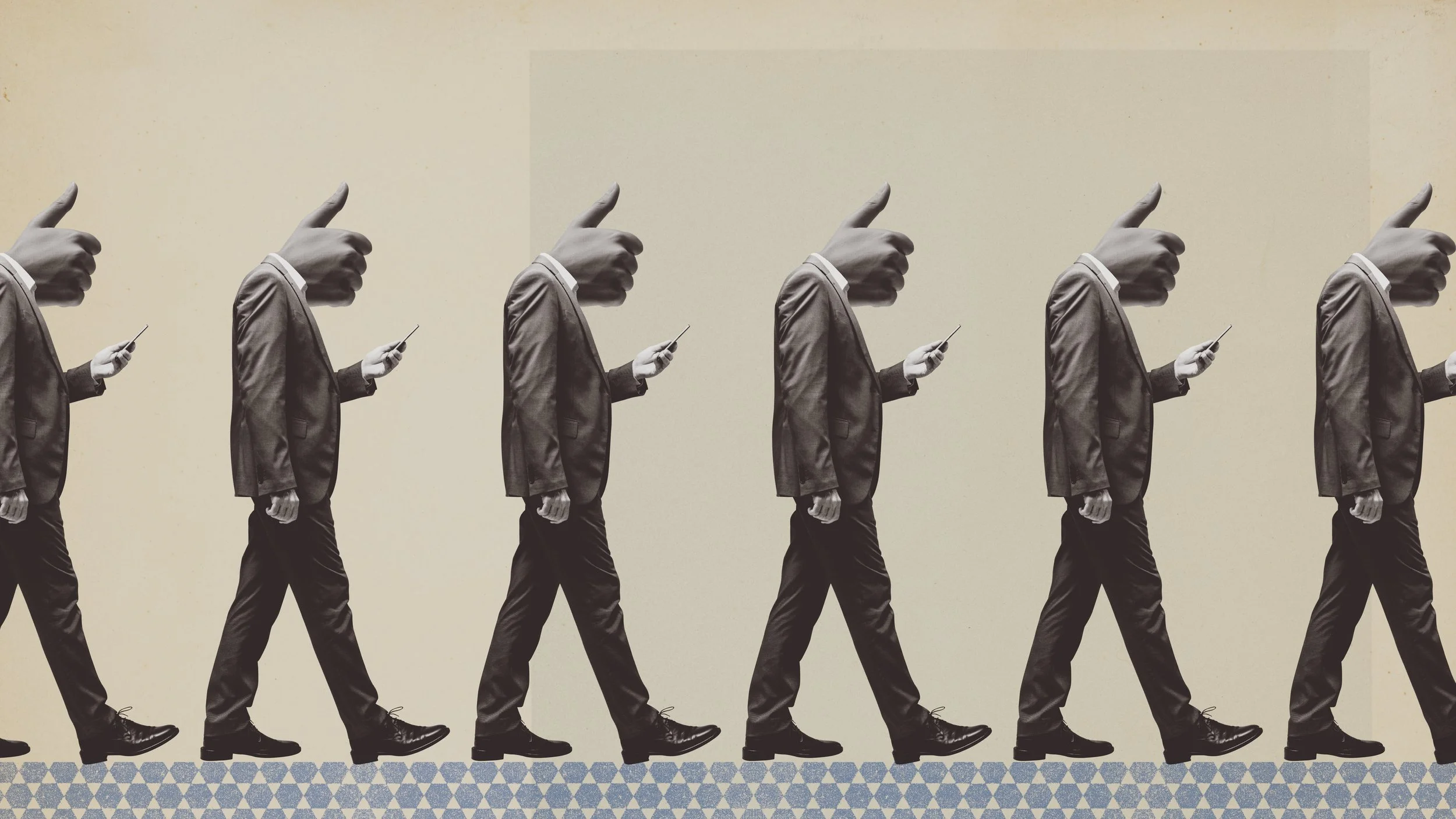Conformity does not breed success
When leading an organization, whether small or large, your biggest risk is not actually divergent opinions - in fact, it can be the opposite, especially when small factions create “unhealthy competition” that can wreak havoc on company culture. Here are some potential dangers of “tribalism” in today's workplace:
Exclusion and discrimination - Tribalism can lead to an "us vs. them" mentality, where certain groups are excluded or treated unfairly based on perceived differences.
Resistance to change - Strong tribal bonds and identities may make people resistant to changes in processes, technology, or organizational structures that are seen as threatening the tribe's status quo. This can stifle innovation.
Lack of cooperation - Strong tribal identities can discourage cooperation between different teams, or other individuals - including leadership. This silo mentality limits information sharing and collaboration.
Unhealthy competition - Tribes may see other groups as rivals to compete against rather than colleagues to cooperate with. This excessive competitiveness can lead to unproductive conflicts.
Groupthink - Cohesive tribal groups may fall victim to groupthink, where dissenting opinions are not welcomed. This lack of diverse viewpoints and critique can lead to flawed decision-making.
The key is to lead by example, with a true demonstration of inclusion, openness, and collaboration - and not standing for the opposites, even in our own leadership styles.

